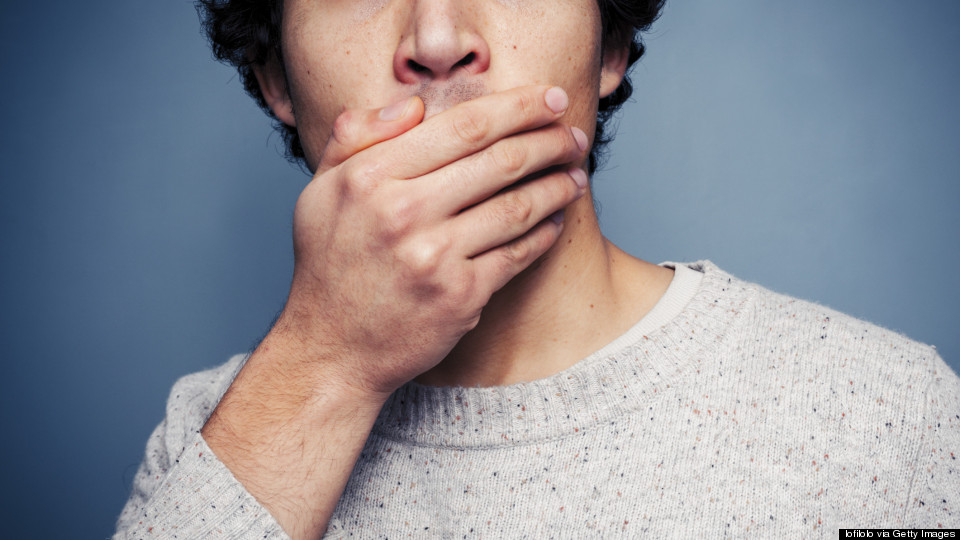
How can you tell if you have bad breath? In many cases, it’s obvious when a friend backs away during a conversation or your spouse avoids kissing you. However, if the people in your life are too nice to tell you that your breath stinks, all you need to do is floss and take a whiff of the debris you collected from between your teeth. If the smell makes you recoil, chances are you have a problem.
What’s Causing Your Bad Breath?
Also called halitosis, this condition can stem from the mouth or other parts of the body. The most common causes of foul breath include the following:
Improper Oral Care: The mouth is teeming with bacteria, and food debris and plaque that are not brushed and flossed away on a regular basis promote the growth of even more bacteria. The result is the foul stench of rotting food and bacterial overgrowth.
Diet: Garlic and onions are known to cause bad breath, but they don’t just coat the inside of the mouth with their strong odors. When they are digested and make their way into the bloodstream, their smells are emitted from the lungs when you breathe.
Tobacco Use: Cigarettes, cigars and smokeless tobacco contain numerous toxins that not only increase your risk of developing gum disease and cancer but also dry out the mouth and promote bacterial growth.
Oral Health Problems: Bad breath can be a warning sign of several oral health problems, including oral thrush, gum disease and tooth decay. Halitosis also occurs with xerostomia, a condition in which a sufficient amount of saliva is not produced to cleanse the mouth of dead cells.
Medical Problems: A host of medical issues can lead to bad breath, including respiratory infections, acid reflux disease, sinus issues, diabetes and diseases of the liver and kidneys. Some medications used to treat these and other conditions, especially chemotherapy drugs for cancer, can also lead to xerostomia and bad breath.
What Steps Can You Take to Eliminate Bad Breath?
Depending on the cause of your halitosis, methods of freshening your breath can range from merely improving your flossing technique to seeking treatment from your dentist:
1. Brush and Floss Regularly: To keep food particles and oral bacteria at bay, brush at least every morning and night , and floss at least once daily. You may want to throw an antiseptic mouthwash into the mix as well.
2. Keep Your Dental Appointments: Receiving checkups and cleanings can help prevent oral health issues that cause bad breath as well as detect periodontal disease and cavities so that they can be treated promptly.
3. Evaluate Your Diet: Garlic and onions are not the only foods that cause bad breath. Keep a log of what you eat and how it affects your breath to determine what offending foods you may want to avoid in mixed company.
4. Give up Smoking: Add bad breath to the long list of reasons why using tobacco products is a bad idea.
5. Keep Your Mouth Moist: If your halitosis stems from chronic dry mouth, drinking plenty of water and sucking on sugarless candies can help induce more saliva production.
What If Bad Breath Persists?
If self-care methods and dental treatment do not fix your problem, your dentist will recommend that you see your physician for a checkup. Your bad breath may be caused by an undiagnosed health problem or a medication that you are taking.
